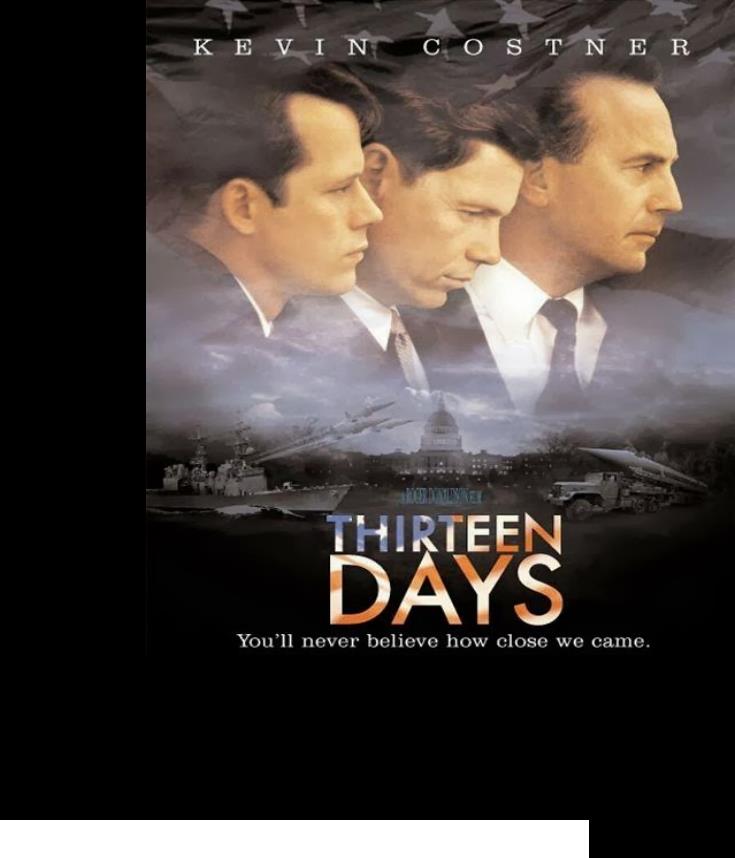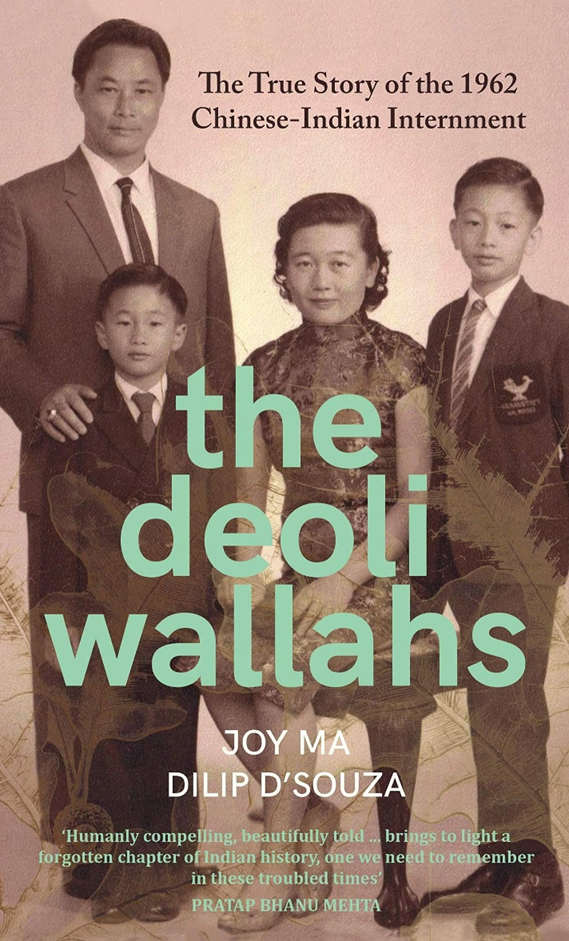Uniform Civil Code in India
Posted on : July 28, 2018Author : AGA Admin

In 1978, Shah Bano, a 62-year-old Muslim mother of five from Indore, Madhya Pradesh, was divorced by her husband. What followed was the controversial maintenance lawsuit, Mohd. Ahmed Khan versus Shah Bano Begum (1985 SCR (3) 844) commonly referred to as the Shah Bano Case. This was the first call of awakening for the need of a uniform civil code in India.
The uniform civil code for India was first proposed by the framers of the constitution of India, but due to opposition it was added to the Directive Principles in Article 44 specifying, “The State shall endeavour to secure for citizens a uniform civil code throughout the territory of India.” The need for Uniform Civil Code was again underlined when the Shayara Bano vs. Union of India case was filed in Supreme Court. And in purview of Article 44 a bench headed by Justice Vikramajit Sen asked the present Modi Government to legislate and implement the Uniform Civil Code bill after it was seemingly overdue for India where it is difficult to meet out justice to people with varying personal laws that more or less adhere to patriarchal norms of society and become a reason for the plight of many women.
However, the legislation process of the bill was anything but smooth. The bill was passed in the Lok Sabha successfully, but unfortunately is stuck in the Rajya Sabha.
A brief evaluation of the Uniform Civil Code reveals a few of its pros and cons. The pros of the Uniform Civil code are –
- It will provide an equal status to all citizens irrespective of their religion, class, caste, gender etc.
- It will promote gender parity as personal laws of almost all religions are discriminatory towards women and men are usually granted preferential status in matters of succession and inheritance.
- With the implementation of Uniform Civil Code, all citizens will share the same set of personal laws. There will be no scope of politicization of issues because of concessions or special privileges enjoyed by a particular community on the basis of their particular religious personal laws.
- It will bypass the contentious issue of reform of existing personal laws based on the upper-class patriarchal notions of the society in all religions.
The cons of the Uniform Civil Code are –
- It is practically tough to come up with a common and uniform set of rules for personal issues like marriage due to tremendous cultural diversity India.
- Many communities, particularly minority communities perceive Uniform Civil Code as an encroachment on their rights to religious freedom.
- The state can interfere in personal matters with codification of uniform rules and its compulsion. The scope of the freedom of religion will be reduced.
- It will be a sensitive and tough task to incorporate all necessary elements from different personal laws
In the light of the discussion, we see that other Asian countries like Bangladesh, Bhutan, Cyprus, Israel, Myanmar, Nepal, Pakistan, and Singapore and also in India, in Goa, Daman and Diu, and Nagar Haveli we have a set of common laws. However, efficiency of the functioning of these laws is subjective in the nations in which they have been implemented. These countries too house citizens of different religions but the laws are based on one dominant religion, such is the case in Pakistan, Bangladesh and Indonesia. But India being a Hindu dominated country is trying to not be a theocratic State by implementing Hindu dominated common laws and herein lays the contrast between India and other countries that have common laws. This can be vouched by the fact that parts of India where uniform Civil Code has been implemented are not influenced by the dominant religions in those areas.
The Uniform Civil Code proposes to replace the personal laws based on the scriptures and customs of each major religious community in the country with a common set of rules governing every citizen. But is this what India needs? Can a country that thrives on the motto of unity in diversity implement uniformity? To answer this we can reflect upon the fact that just as the laws in the constitution of India does not restrict us but enhances our freedom and gives us the assurance of justice, the Uniform Civil Code will also strive to do so.
Shaivi Sen





Leave a Reply